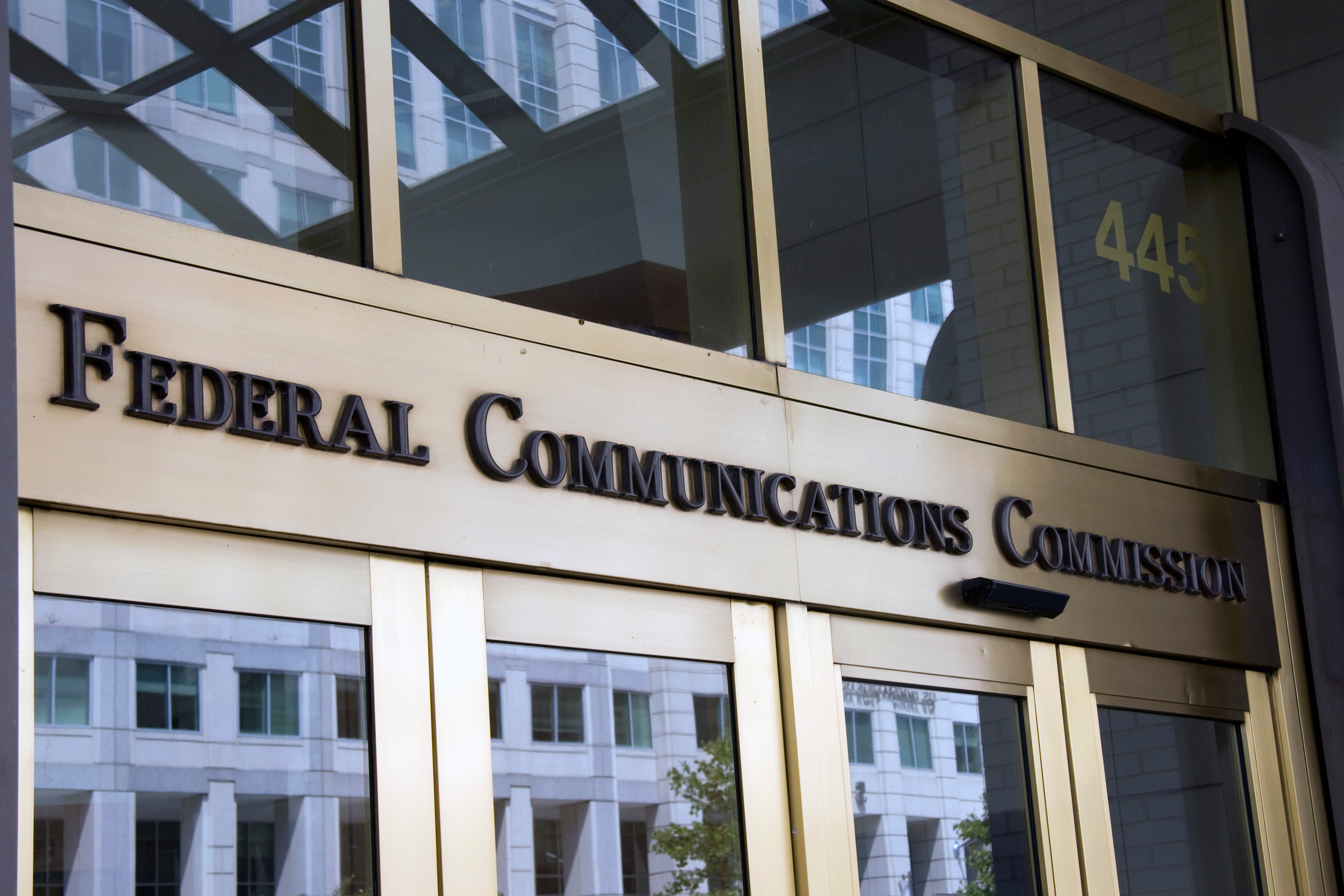Broadband Associations Collectively Call For Rural Broadband Fund Change

The smarter way to stay on top of the multichannel video marketplace. Sign up below.
You are now subscribed
Your newsletter sign-up was successful
The major broadband associations have gotten to together to add heft to the bone they have to pick with the FCC over the way it has structured its new Rural Digital Opportunity Fund (RDOF) subsidy process, one they warn could discourage participation and drain $1 billion from broadband buildouts to banks and other lending institutions.
The FCC approved the auction last summer, but not the final rules for how it would be conducted. The FCC plans to vote on final rules for the $20.4 billion fund Jan. 30.
That bone to pick came in a letter to the FCC commissioners this week from NCTA-The Internet & Television Association, NTCA-The Rural Broadband Association, INCOMPAS, USTelecom, the National Rural Electric Cooperative Association, WTA – Advocates for Rural Broadband, and the Wireless Internet Service Providers Association.
The fund would go to deploy high-speed broadband over 10 years to areas currently unserved or underserved by fixed broadband service of at least 25 Mbps download and 3 Mbps upload speeds.
Related: FCC Approves Broadband Subsidy Auction
The fund will allocate broadband subsidies through a two-phase reverse auction, with phase one offering $16 billion for areas that are wholly unserved with high-speed broadband, and phase two money going to partially served areas--"areas where some households have access to such service but others do not"--as identified by the FCC's new and more granular Digital Opportunity Data Collection. Phase two money would also be available to areas not receiving winning bids in phase one.
Broadband providers are okay so far, but in a letter to the FCC this week, they said they have a problem with the requirement that those bidding for the subsidies "maintain letters of credit [LOC] for multiple years of service." The FCC is looking to safeguard the funds by protecting against defaults, which the associations say they understand.
The smarter way to stay on top of the multichannel video marketplace. Sign up below.
They have individually raised that concern, and are now doing it collectively.
"In light of the existing authority that the Commission has to withhold funds from those who fail to meet their deployment commitments along with a range of other enforcement tools at its disposal, the Commission can achieve our shared goal of preserving and protecting the Fund without imposing the unreasonable, unsustainable, and ultimately unworkable multi-year LOC requirements currently in the draft order," they said.
They warned that if the shadow of those LOCs remain unaltered by the future, "many" companies would be barred from bidding to build out rural broadband, which is an FCC priority, and those that do bid would not be able to bid on as many locations as they otherwise could because of the cost of the credit. "[T]he LOC requirements conservatively will result in over $1 billion in RDOF support (6-7 percent of the total Phase I funding) going to banks and other financial intermediaries rather than to building broadband in rural communities," they warned.
They also said some banks are requiring cash collateral for LOCs, which cost is treated as debt, which then reduces their borrowing power.
Contributing editor John Eggerton has been an editor and/or writer on media regulation, legislation and policy for over four decades, including covering the FCC, FTC, Congress, the major media trade associations, and the federal courts. In addition to Multichannel News and Broadcasting + Cable, his work has appeared in Radio World, TV Technology, TV Fax, This Week in Consumer Electronics, Variety and the Encyclopedia Britannica.

